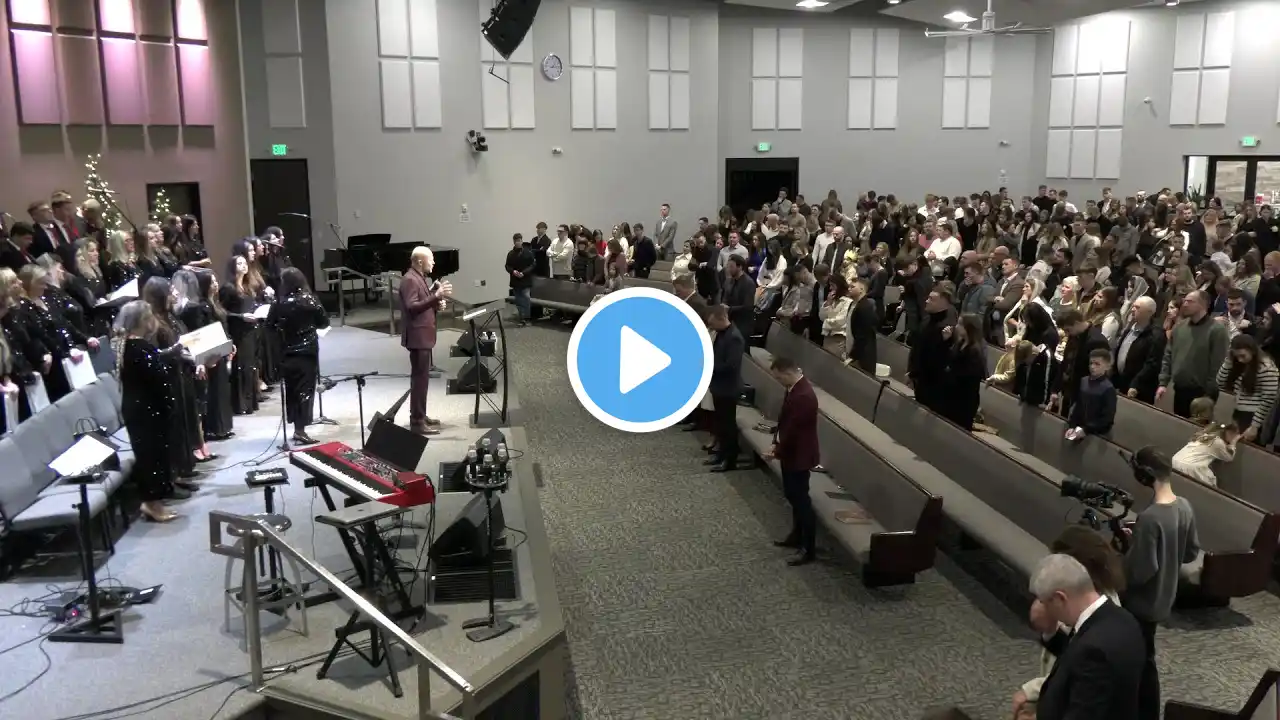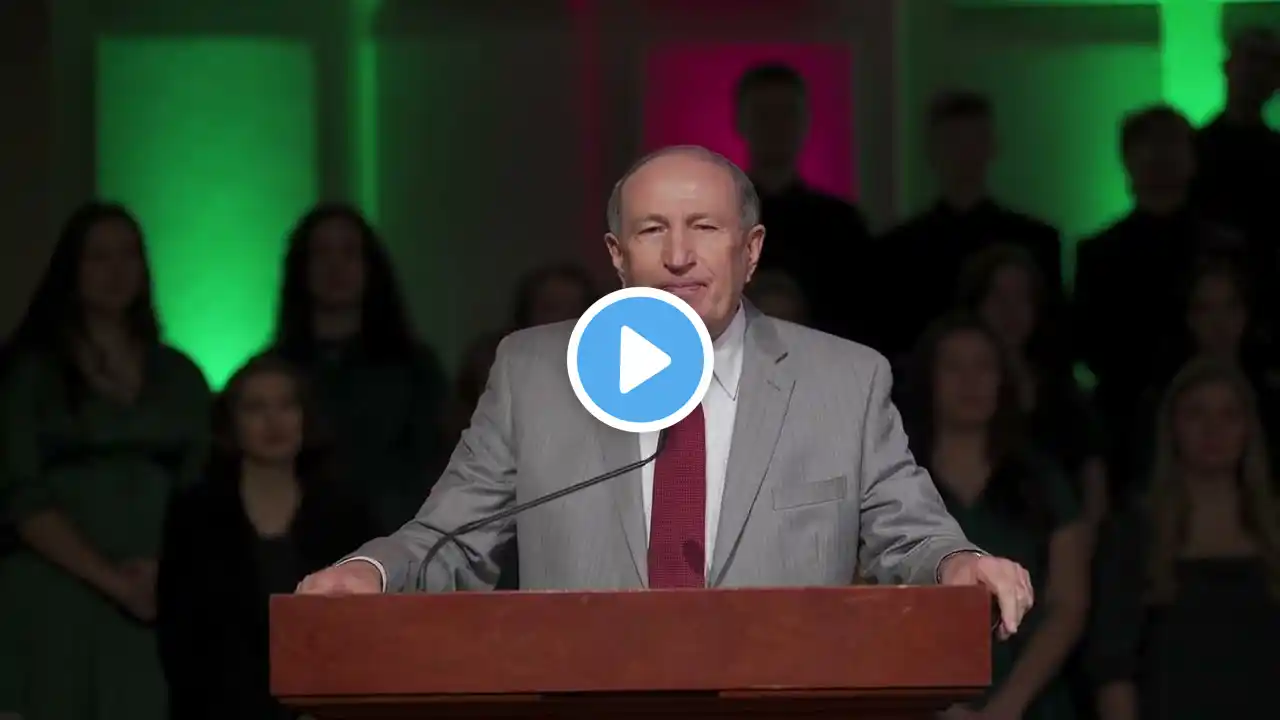
Sunday, December 22, 2024 9:00 a.m.
Fourth Sunday in Advent God Among Us: Love - Rev. Edwin Estevez An Advent Reflection by Rev. Edwin Estevez Welcome to worship at the Kirk, and a blessed Fourth Sunday in Advent to you and yours. The Advent season is heading toward its summit point—the Feast of the Nativity, or as we’ve come to call it, Christmas! There is the promise of snow in the air, a mixture of joy, hustle, and bustle. Trees have been trimmed, cards sent, gifts chosen or purchased, cookies decorated, villages and train sets appropriately set, and lights adorn our homes. Add to that the wonderful Christmas Concert today at 4:00 p.m. in our sanctuary, “Hear The Angels Sing,” and the meaningful Christmas Eve services to come next Tuesday at 11:00 a.m., 5:00 p.m., 8:30 p.m., and 11:00 p.m., and this is also a full season! There is also nostalgia. In the movies and shows, the carols and songs, the old photographs and the vintage events (ice skating, gingerbread houses, pictures with St. Nick), we remember our childhoods, and our hearts jump for joy or sometimes they also ache. All of this, and more, is what we carry. On Christmas morning, who will be in the room to share the joy and even the heaviness of Christmas? When asked the question, “what is love?” one five-year old child answered: “Love is whatʹs in the room with you at Christmas if you stop opening presents and listen.” And indeed, I believe that to be true. It is this exactly that inspired Christina Rosetti’s poem below that would later be adapted into a carol. “Love Came Down at Christmas” Love came down at Christmas, Love all lovely, Love Divine, Love was born at Christmas, Star and Angels gave the sign. Worship we the Godhead, Love Incarnate, Love Divine, Worship we our Jesus, But wherewith for sacred sign? Love shall be our token, Love be yours and love be mine, Love to God and all men, Love for plea and gift and sign. In the Advent season and at Christmas, there are signs and messages all around reminding us of God’s love that is the sure foundation for all love that we receive and share with others and this wonderful world. All you have to do is stop and listen. Do you hear the love? In Christ, Rev. Edwin Estevez | Senior Pastor | Head of Staff Musicians: Bobby DeLisle, St. Cecilia Choir director; Melody Wootton, violin, Merideth Estevez, oboe, Marilyn Biery and James Biery, organists and directors Copyright acknowledgements: The following is used with permission, OneLicense.net License No. 717156-A All rights reserved. “Wait for the Lord,” © 1984, Les Presses de Taizé, GIA Publications, Inc. About today’s music: Marcel Jean-Jules Dupré (1886 – 1971) was a French organist and composer. The Magnificat Versets were originally written for organ solo, and are arranged here for oboe, violin and organ. In 1934 Dupré succeeded Charles-Marie Widor as titular organist at St. Sulpice in Paris and retained this position for the rest of his life. Since Widor had been there for more than six decades, the position changed hands only once in a century. The Prayer for Illumination was arranged especially for Kirk in the Hills for this year’s Advent services and combines an Advent Prayer for Illumination with an ancient Gregorian Chant that is traditionally sung during the season of Advent. Sir Charles Villiers Stanford (1852 – 1924) was an Anglo-Irish composer, music teacher, and conductor. He was born into a well-off and highly musical family in Dublin, educated at the University of Cambridge, then studied music in Leipzig and Berlin. While still an undergraduate, Stanford was appointed organist of Trinity College, Cambridge. In 1882 he was one of the founding professors of the Royal College of Music, where he taught composition for the rest of his life. The traditional setting of Martin Lutherʹs German translation of the Magnificat (ʺMeine Seele erhebt den Herrenʺ) is a German variant of the tonus peregrinus, a psalm tone found in Gregorian chant. J.S. Bach (or perhaps his pupil Krebs) composed this organ fugue using the German variant of the tonus peregrinus.


















